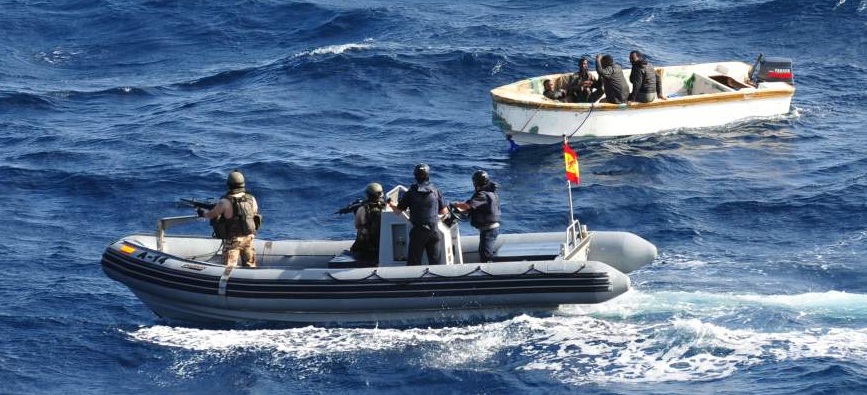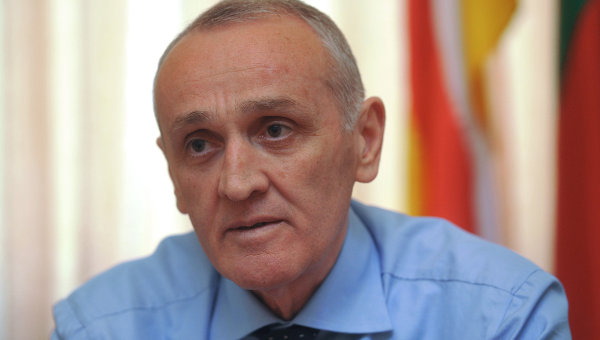Belgium: splash! No government but still EU priorities

(BRUSSELS2) Belgium without a government continues to prepare for its future European presidency which begins on July 1. The "Defence" priorities have been defined and are now more or less known, as Pieter de Crem (the current Defense Minister) had announced some time ago in the Chamber of Deputies and then in a smaller committee .
A disruptive and more orthodox philosophy
The objective of this Belgian presidency is not "in continuity", explains De Crem, who pleads for a "breaking philosophy. A qualitative leap, without hesitation, allowing the permanent President of the European Council and the High Representative to assume resolutely and without delay the external representation of the EU ». It is not our intention to engage in rearguard battles for a place in the spotlight. ". he adds.
Belgium thus aims "to ensure institutional 'orthodoxy', and therefore assist the permanent President of the European Council and the High Representative as much as possible in the effective and absolute performance of their new tasks ". That's good ! In a way, the governmental crisis in Belgium can only help to achieve these objectives.
As a top priority for this presidency, which will have a limited role: setting up the diplomatic service, strengthening the European defense agency, setting up a European diplomatic academy, deepening the division of NATO-EU tasks (to save effort) and if we can set up a civil-military headquarters.
Lhe rotating presidency: a limited role institutionally
In external matters, in fact, the role of the rotating presidency is institutionally limited. It gives way to the permanent bodies required by the Lisbon Treaty: President of the European Council and High Representative. After the Spanish transitional presidency, Belgium is the first country to work completely within the new Lisbon format. Belgium will thus no longer occupy the seat of the Presidency for foreign policy, security and defence, whether at the political level (European Council, Foreign Affairs and Defense Council), technical-political level (COPS), military or technical (working groups). It will also not be able to set or propose the agendas and will no longer be the architect of the debates in the working groups and at the Board.
A role of honest broker
The new Presidency is well aware of this limited role. She " should act in support of the Permanent President and the High Representative and act through their influence, their networks, their allies, non-papers and seminars. is mentioned. "
As one of the founding countries of the Union, as the host country of the main European institutions and a crossroads of various tendencies, cultures and linguistic communities, Belgium has every interest in playing the role of honest broker in complete impartiality. "... no comment ![]()
First priority: the implementation of Lisbon
The first priority is "the effective establishment of the European External Action Service and other new features of the Treaty" and "facilitate the proper application of the new rules for the functioning of the Union and the sharing of tasks between the permanent President of the European Council, the rotating Presidency , the High Representative and the Commission".
A necessity for the minister. "The West is no longer unavoidable. We can therefore no longer advance in a dispersed order and we no longer have the means to do so. It now seems essential to me to work together".
Other advances from Lisbon: who goes without ...
With regard to the new mutual assistance and solidarity clauses, the Belgian presidency intends to move forward " cautiously, 'festina lente' and by the time the Union can approach them, a lot of water will pass under the bridges, it seems to me explains De Crem. For Permanent Structured Cooperation (CSP), the same caution. " Belgium will closely follow the development of the discussions on this subject as well as the underlying reasoning”. We had more enthusiasm! It is true that the text of the Treaty is very vague on the subject » as the Belgian Minister of Defense explains and that the discussion is rather difficult (1). The central point is to find the right balance between inclusiveness and ambition (2).
An agency which must become the crucible of European defense
The Agency's legal basis will have to be adapted to the new Lisbon Treaty. The Agency will obviously continue its current activities, but it will receive new tasks with the permanent structured cooperation. It will therefore be necessary to strengthen it Having become in a way the crucible of European defence, it is within the framework of this Agency, bottom-up, that our soldiers will consolidate European military collaboration. says the Belgian presidency.
A European diplomatic academy
Belgium pleads for a new role for the European Defense College which should be transformed into a European Diplomatic Academy. " It seems unthinkable to us that the European Citizen Action Service does not have an Academia Diplomatica Europaea. The European Security and Defense College is, in our view, the institution that best lends itself to teaching the full range of training in security and defense policy. The CESD could also play a key role in developing and proposing standardized training for personnel sent on mission abroad. »
A civil-military headquarters... but hush!
The advantage of such a structure is obvious, as we know. " Mixed civilian and military operations, a 'global approach' such is the specificity of the European approach to crisis management. However, the Union has not yet equipped itself with a coherent and effective structure for planning and conducting missions and operations. This point is often on the agenda, or if not, it looms large in the background. We remain ready to respond to any requests from our partners. » Is it written. A little light perhaps for a subject of importance?
I asked the question to interested people. The answer is unanimous, on the Belgian side. Belgium does not intend to move forward too impulsively, too conspicuously. " It is not in Belgium's interest to take the lead on this issue. Because opposition will immediately come. We all remember this summit of pralines which led to nothing and froze the debate for years explained a senior Belgian defense official to whom I asked the question. “On the other hand, if a country presents an initiative, we will support it ". All eyes in Brussels are thus on Poland, in particular, which has made defense a priority. This is the meaning of official communication.
Attempt to make progress on EU-NATO cooperation
So if Belgium does not aim to solve the problem of Cyprus and EU-NATO relations, it intends to be available for " act where it is useful and respond to any request ". More generally, De Crem considers that the rapprochement and collaboration between NATO and the EU must be continued, step by step, slowly. "We all know that each of the countries involved has only one army. And any duplication is useless. The financial and budgetary crisis can offer us a chance to strengthen capability collaboration ».
(Nicolas Gros-Verheyde)
(1) Nobody wants to take the lead for the cooperation structured ...
(2) read the Permanent Structured Cooperation seen by Belgium



Comments closed.